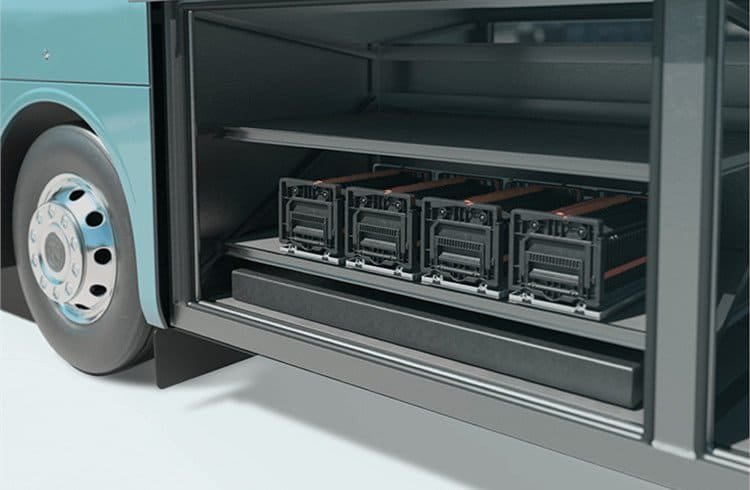This year, Phinergy, an Israeli cleantech firm, and Log9 Materials, a Bengaluru-based nanotechnology start-up, plan to commercialise their aluminium-air technology systems. It takes time for technology to develop and mature. It took a decade for Phinergy, which began at Israel’s Bar Ilan University.
Despite the fact that the technology for Phinergy was born and developed in Israel, India will play a critical role in the growth of the Al-Air business. Indian Oil Corporation, Phinergy’s joint venture partner and shareholder, will handle distribution.
Log9 Materials intends to begin some pilot projects in the third or fourth quarter of this year. In contrast to Phinergy, the Bengaluru-based start-up will focus on stationary applications for its Al-Air solutions.
In a metal-air battery, the metal (aluminium in this case) serves as the anode, and air serves as the cathode, along with a liquid electrolyte. Aluminium hydroxide is formed when oxygen in the air reacts with the metal, activating the electrolysis process and producing an electric current.

Because aluminium is a lightweight material, an Al-Air battery is lighter than an equivalent Lithium-ion battery, despite the higher energy density provided by the chemistry. The energy density may be as high as 8.1 kWh/kg. A lithium-ion cell’s average density is said to be around 200Wh/kg.
That is a significant difference. According to experts, the final energy density difference could be between 8X and 15X due to energy losses in Al-Air chemistry. In other words, a vehicle powered by Al-air would have a greater driving range. Mayer claims that a car with a driving range of more than 500 kilometres would be no problem.
Phinergy is collaborating with two major OEMs for the deployment of Al-Air technology: Tata Motors and Mahindra & Mahindra.
At the 2023 Auto Expo, a Tigor EV outfitted with Phinergy’s battery pack was displayed at Phinergy’s booth, piqued the interest of Tata Motors’ chairman N Chandrasekaran and Tata Passenger Electric Mobility’s MD Shailesh Chandra.
Though not yet used in a production vehicle, some alternate battery chemistries are said to be in advanced stages of testing in India. One of these is Al-Air. “It’s a promising technology, there’s no doubt about that,” Anand Kulkarni, VP, Tata Passenger Electric Mobility stated.
The Al-Air technology is viewed as a promising technology option for assisting EVs in dealing with range anxiety. As an Al-air powered vehicle will also have a small Lithium-ion battery, it can be viewed as a “hybrid battery” in an EV. This battery can be 70%-80% smaller in such a vehicle than in an EV powered solely by a Lithium-ion battery.
Also Read:
- Kabira Mobility to bring its KM5000 EV to India next month
- Electric three-wheeler manufacturers are demanding for a 50% increase in the FAME-II Subsidy